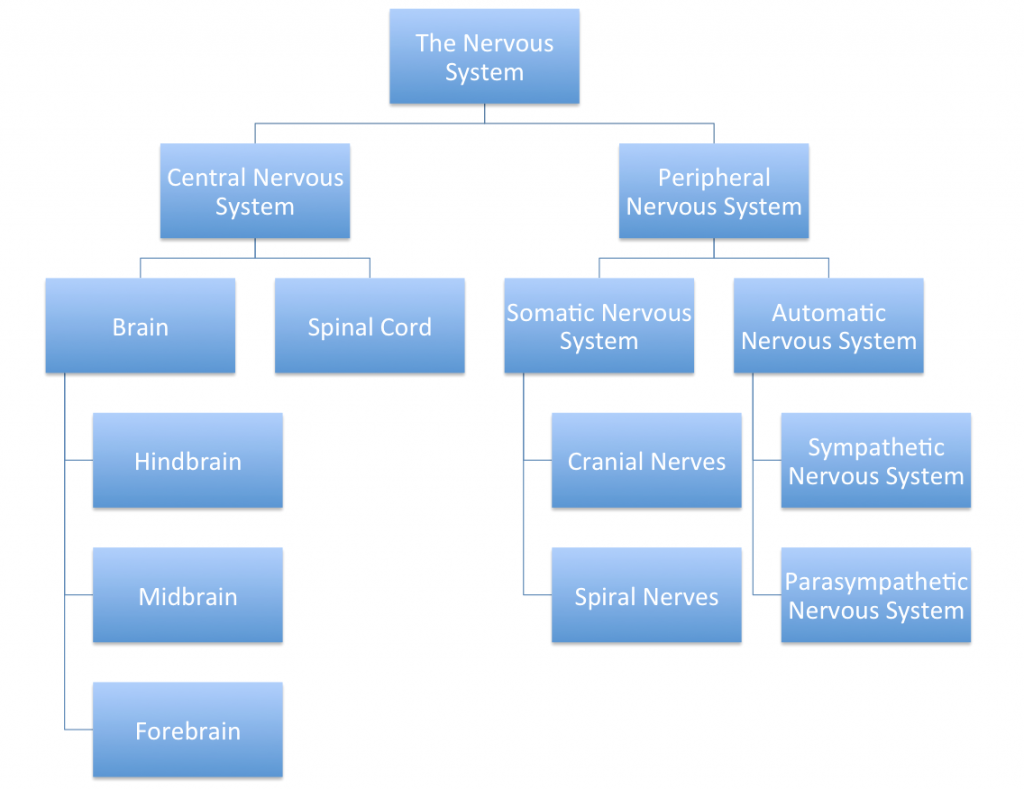What is Neuropsychology?
Neuropsychology is a branch of psychology. It specializes in the study and assessment of brain function, as it relates to both normal and dysfunctional behaviour. In other words, neuropsychology is the application of psychological methods and techniques to neurology.
Neuropsychology and the Study of Behaviour
Behaviour is often taken to mean observable action, such as walking, talking, or crying. For neuropsychology, and indeed, for the broad field of psychology, the term behaviour refers to any response by an organism, whether observable or not.
Typical behaviours, as mentioned in the section of psychophysiology on this website, includes the following: awareness of self and the environment (consciousness), sensation, perception, alertness (readiness to respond), attention to internal & external stimuli, learning, remembering things, motivation, emotion, movement, speech, problem solving, goal-setting, and planning.
The behavioural elements mentioned here are the subject matter of psychology as a whole, and not just neuropsychology. The difference between psychology in general, and neuropsychology, is that neuropsychologists pay special attention to the neurological origins of these behaviours. Psychological processes, then, are neurological phenomena.
Overview of the Neurological Origins of Behaviour
The Nervous System and other Body Systems
Is the brain overrated?
All behaviour is a product of the activities of the Nervous system. This system however, does not exist or function in isolation. It is an integral part of the body, which comprises 10 other systems:
- Skeletal system
- Muscular system
- Cardiovascular system
- Respiratory System
- Integumentary System
- Endocrine System
- Lymphatic & Immune System
- Digestive System
- Urinary System
- Reproductive System
The brain is often described as the master organ which controls all other organs and systems. Whilst this is true, it is equally true that all the other body systems are necessary for the survival and normal function of the nervous system. In other words, it appears to me, that the importance of the brain is often overrated. As can be seen in the Table below, other body systems make crucial contributions to brain health and function.
|
Body System |
Importance to the Nervous System |
|
Skeletal System |
The central nervous system is encased in the skull and the spine. The bones contribute to the formation of blood, and immune cells, both of which are essential for the brain. The calcium stored in bones is essential for nervous system function. |
|
Muscular System |
Exercising muscles produce chemicals which produce positive effects on the brain. Muscles are essential for brain health. |
|
Cardiovascular System |
Blood pumped to the brain supplies the essential oxygen and nutrients (glucose) which the brain needs to survive and function. The circulatory system contributes to removal of waste products from the brain. |
|
Respiratory System |
For the supply of oxygen to the brain and removal of carbon dioxide. |
|
Integumentary System (skin) |
The skin houses numerous sensory receptors, including receptors for touch, temperature, vibration, and others. Without sensory inputs, the brain would be shut out from the external environment, and would eventually atrophy. |
|
Endocrine System |
The hormones produced by the endocrine glands affects all body systems, including the nervous system. Hormones are important for the metabolic functions of neurons. |
|
Lymphatic & Immune System |
The brain, like all other body systems, is protected from infections by the lymphatic and immune systems. |
|
Digestive System |
All body systems, including the brain, depend on the digestive system for the uptake of nutrients from the digestive system, for survival and normal function. |
|
Urinary System |
All body systems, including the nervous system require an optimal acid-base balance. The kidneys play a major role in the balanced retention of needed chemicals in the body, and the expulsion of wastes through urine. |
|
Reproductive System |
The hormones of the reproductive cycles impact on brain function, notably mood effects. For example, testosterone drives sexual and aggressive behaviour. It has been said that testosterone masculinizes the brain. |
Structures of the Nervous System
The nervous system has numerous component parts. The main structures are summarized in the diagram below:

